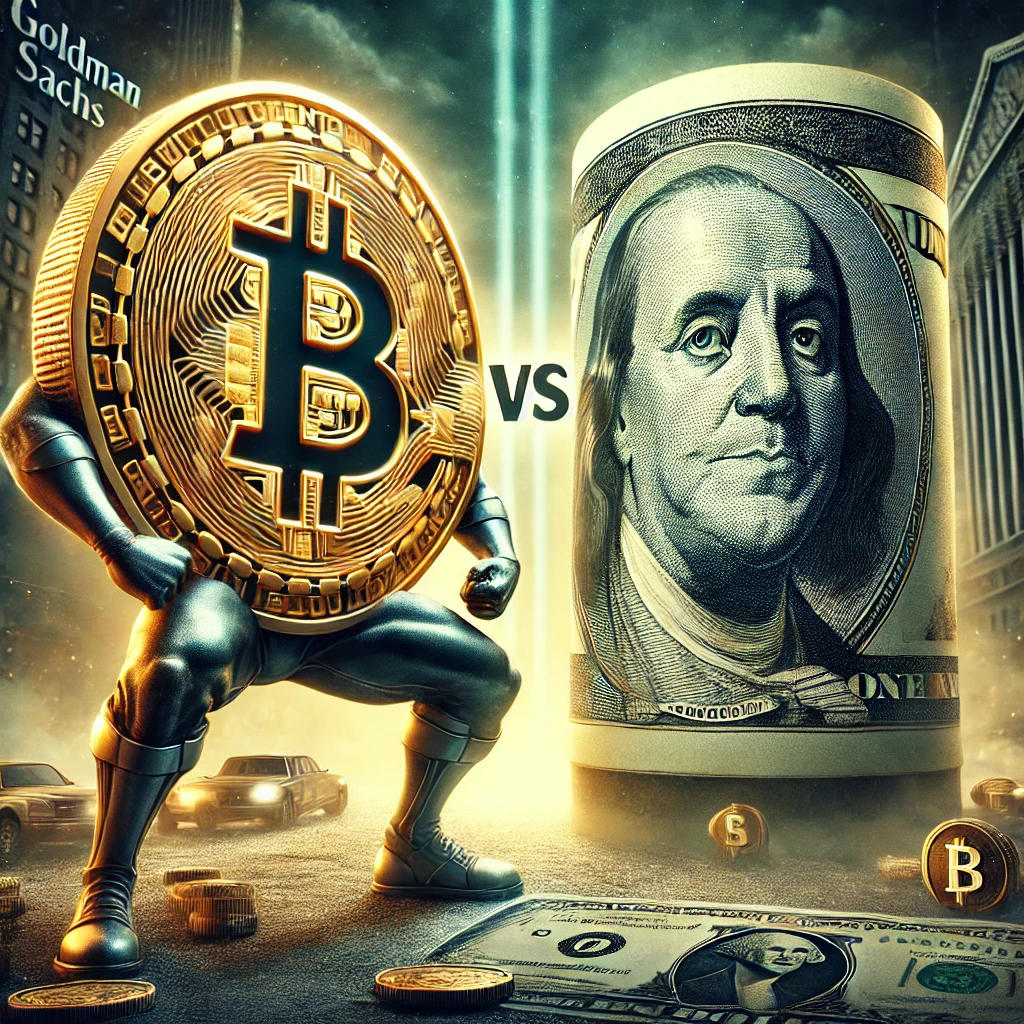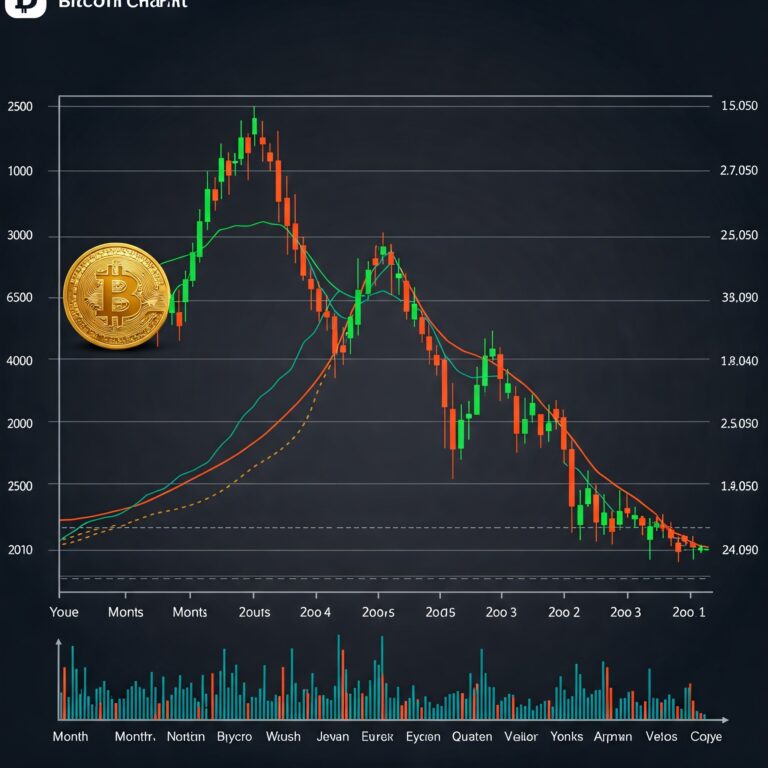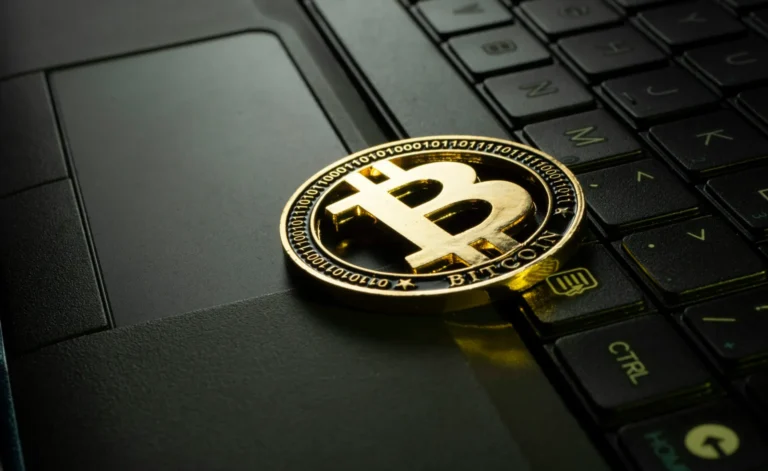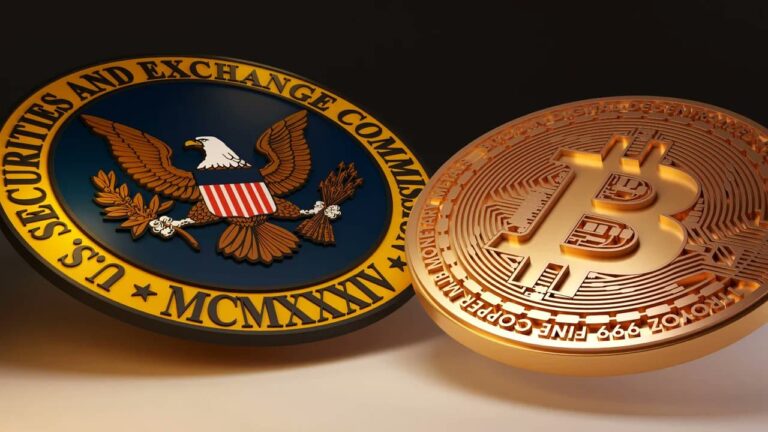
In a recent statement that sparked widespread discussion, the CEO of Goldman Sachs cast doubt on Bitcoin’s potential to challenge the dominance of the US dollar as a global reserve currency. The remarks come amid ongoing debates about cryptocurrency’s role in the global financial system and its long-term viability as a stable store of value.
Bitcoin’s Challenges in Rivalling Fiat Currencies
The Goldman Sachs chief pointed to Bitcoin’s volatility and lack of widespread adoption as significant barriers to its growth as a mainstream currency. Unlike the US dollar, which benefits from institutional trust and central bank oversight, Bitcoin’s decentralized nature often draws criticism for being unregulated and susceptible to market manipulation.
“Bitcoin is an intriguing asset class, but its limitations as a currency make it unlikely to compete with the dollar on the global stage,” the CEO remarked, highlighting that cryptocurrencies lack the stability required to anchor international trade and investment.
Institutional Skepticism
Goldman Sachs has historically had a cautious approach to cryptocurrencies, occasionally dabbling in Bitcoin-related investment products while maintaining a critical stance on its larger role in the economy. Despite the rise of blockchain technology and growing institutional interest in digital assets, the banking giant remains firm in its belief that cryptocurrencies serve better as speculative investments rather than currency replacements.
“Currencies need to be predictable and stable, traits Bitcoin inherently lacks due to its reliance on market-driven valuation,” added the CEO.
Bitcoin’s Advocates Push Back
Proponents of Bitcoin argue that its decentralized nature is precisely what makes it a viable alternative to traditional fiat currencies. They cite the growing adoption of Bitcoin in countries facing economic instability, where citizens use it as a hedge against hyperinflation and currency devaluation.
Moreover, Bitcoin enthusiasts view its finite supply—a stark contrast to the endless printing of fiat money—as a key feature that ensures long-term value. However, critics counter that Bitcoin’s limited supply could restrict its scalability as a global currency.
US Dollar’s Resilience
The US dollar continues to reign supreme in international finance, underpinned by trust in the Federal Reserve, the strength of the US economy, and its status as the world’s reserve currency. For Bitcoin to rival the dollar, it would need to overcome not only technological and regulatory challenges but also deeply entrenched financial systems.
The Road Ahead
While Bitcoin has undoubtedly made its mark on the financial world, its future as a currency remains uncertain. Goldman Sachs’ CEO’s comments reflect a broader skepticism among traditional financial institutions, even as retail and institutional investors continue to explore its potential.
For now, the US dollar’s dominance appears secure, but the rise of digital currencies like Bitcoin signals that the financial landscape is evolving. Whether this evolution will eventually disrupt the current order remains to be seen.





